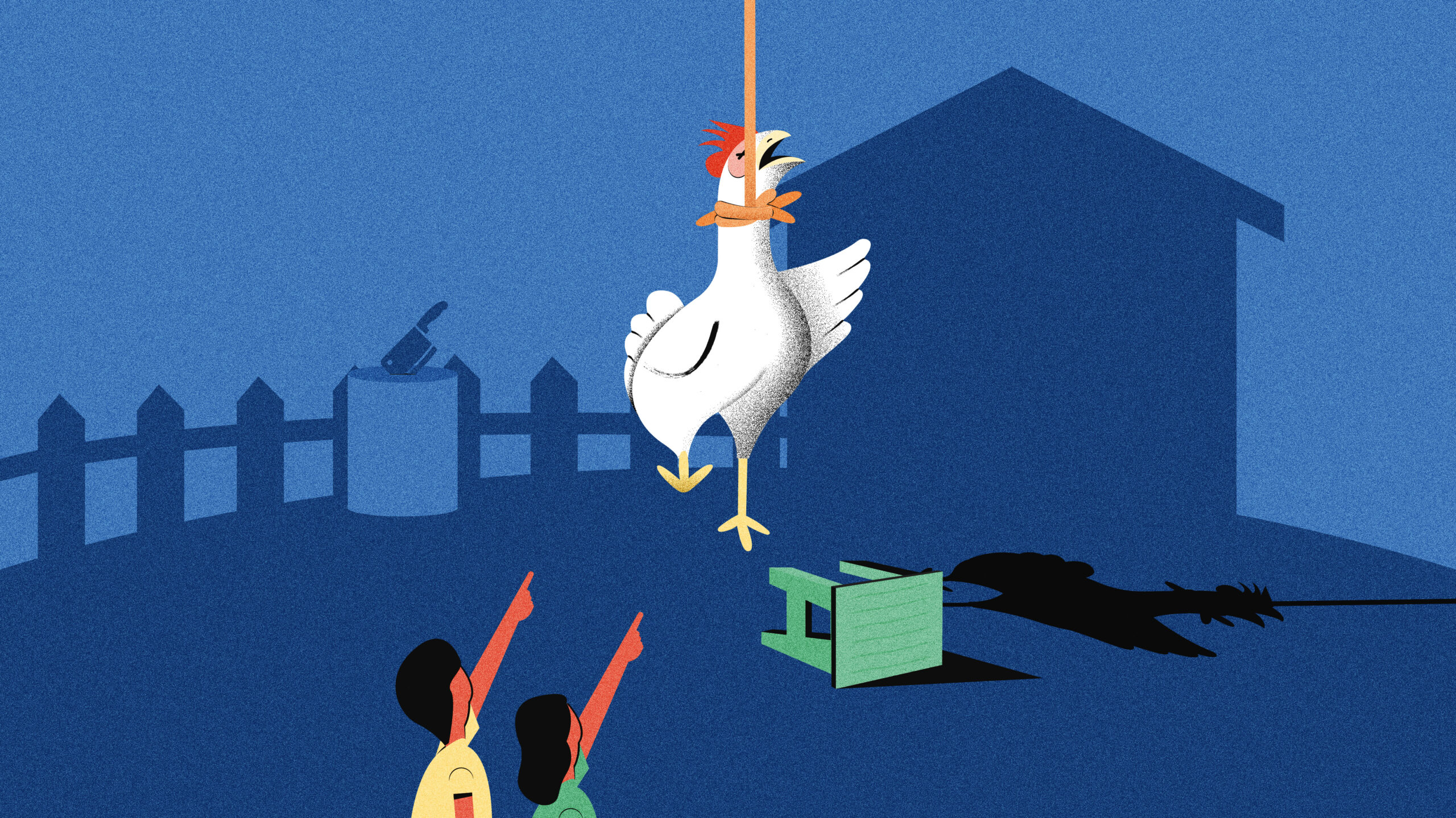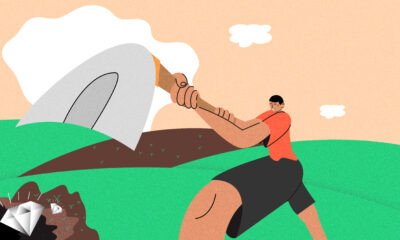Features
We Should Pay Better Attention to Animal Cruelty in Nigeria
How we treat animals tells a lot about our value system – as people, as a community and society…

In his book, Beyond Words: How Animals Think and Feel, Carl Safina argues that animals have thought processes, emotions, and social connections that are as important to them as they are to us, humans. Carl Safina’s argument that animals also have emotions to feel things is arguably one of the best expositions regarding animals.
We live in a society that pays little to no attention to the feelings and well-being of animals. We see it every day. Tens and hundreds of cows and goats are lumped together in trucks, bleating and mooing loudly, gasping for air. Chickens are tied together, turned upside down, their heads dangling mid-air, and flung into the booths of cars where there’s little to no ventilation.
In this part of the world, it is common to kick a dog, pour water on goats, hit animals with sticks and wires, or grab them by their necks. Then there are those who hit dogs on the highway and do not bother to park their cars to check on the animal. We also see people get animals involved in organised fighting for entertainment and even betting. It is common and looks normal, still, these little, overlooked actions are, in fact, abusive.
Perhaps the most common type of animal abuse, in this part of the world is neglect. John’s friends have cute little white bunnies. Their long ears are a sight for sore eyes. John wants rabbits but he knows he won’t have time to take care of them. John lives in Lagos where he has to leave home at 4am and get back at 10pm. While rushing to work, he forgets to check on his rabbits and when he gets back, he’s too tired to feed them. So his rabbits, which are caged and have no means to fend for themselves, go days without being fed. One after the other, their flesh is replaced by bones, their furs fall off, and their feet and hands are covered in mange. They are starved and their ears dry up. John flings their dead bodies over the fence into an uncompleted building. Rabbits are too fragile, he thinks, and decides to get a dog next. He repeats the process. The only difference is that, unlike the rabbits, the dog bites him one night out of frustration.
What John doesn’t realise is that he is abusive towards animals. Neglect is a passive form of abuse; it leaves no scars nor does it draw blood. The animals simply shrivel from within.
Neglect also means simply feeding animals without providing other forms of care. Animals need care that transcends food and water. They need to feel loved and recognise that their owners have got their back. Animal care requires commitment, one you must be willing to give. One thing we must never do, if we are incapable of taking care of animals, is to own them. The best thing is to give them out to someone who has the time, and the willingness to take care of them.
Sometimes, animal cruelty is reflected in whips. Aminat’s dog is too friendly and plays with everyone that comes to visit. She doesn’t like that; she bought a security dog, but this one is securing nothing. So Bola advises her to chain the dog and whip it until it becomes aggressive. It’s a good idea to Aminat, so she chains her dog and whips it. That evening, it licks its wounds. In the morning, it is cold and stiff. Aminat buries it and buys another.
In this part of the world, animal cruelty is grossly underreported. A search for statistics would leave you with almost nothing. But it is here: in the way animals are transported from one place to another; in the way they are displayed in the market; in the way your neighbour shuts his door while it’s raining and leaves his pet outside, under the rain; in the way your dog is forced to feed off the bin; in the way everyone unlooks when an animal is being kicked or beaten.
How can we stop being cruel to animals? We can start by acknowledging that animals have their own personalities and feelings. In Carl Safina’s Beyond Words, readers travel to Amboseli National Park in Kenya to witness struggling elephant families working out how to survive poaching and the pervasive drought. Then in Yellowstone National Park, they observe wolves sorting out the aftermath of one pack’s personal tragedy. Beyond Words gives us a glimpse into the joy, grief, jealousy, anger, and love of animals and challenges us to reevaluate how we think of and see them.
How we treat animals tells a lot about our value system – as people, as a community and society. You may want to think of this when next you turn chickens upside down, throw goats into your car booths, or whip a sheep.


















